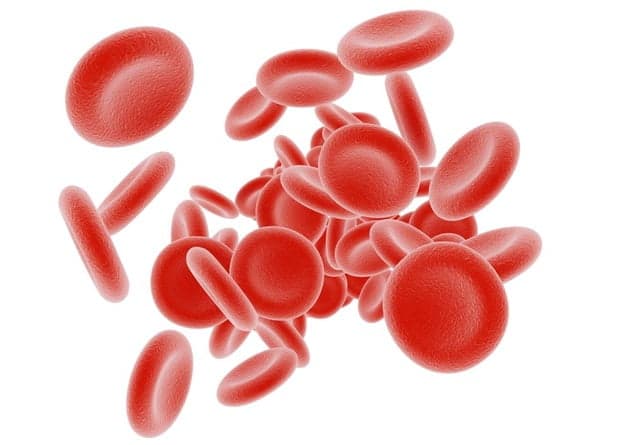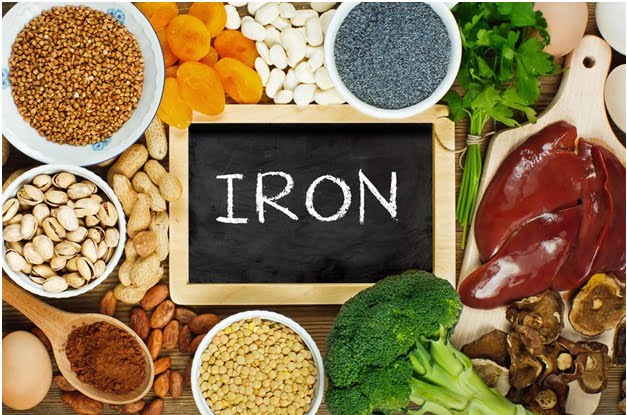Do you often feel drained out or somewhat weak throughout the day?
These may be symptoms of anemia. It occurs when the count of red blood cells in the body dips considerably.
When the RBC count is low, your body will have a hard time supplying oxygen to the various organs for maintaining essential energy levels required to carry out physical activities without getting tired.
There are many ways to evaluate the number of red blood cells in the body. Specialized cell counting kits are there to screen, diagnosis or monitor any medical condition lowering your cell count.
You can easily undergo the RBC count evaluation test from the comfort of your home by ordering a blood test online; it is a safer alternative to visiting a medical lab center during the COVID-19 outbreak as the chances of catching infection is damn high. You can access the blood reports online.
What are RBCs?

The RBCs are the most common cells found in the body, and millions of them are produced each day.
The red blood cells are produced in the bone marrow and transferred to the different parts of the body for about four months. Then, the RBCs go to the liver, which destroys them and converts them into cellular components.
Anemia puts your body at risk of developing a myriad of complications, so it is of paramount importance to get the RBC count on track.
Keep on reading to know the five doctor’s recommended way to increase your RBC count:
1. Iron-Rich Food – A Natural Way to Increase RBC

Iron deficiency is one of the primary causes of low hemoglobin levels and the production of red blood cells. The top sources of iron include fish, seeds, poultry, red meat, tofu, and beans.
If the iron levels are on the low side, you can correct it by making tweaks to your diet or taking supplements. Furthermore, iron therapy is prescribed by many doctors if your condition is serious.
One thing you need to keep in mind, taking supplements overnight won’t end your deficiency, it will take time, probably 60 to 90 days.
However, the low iron levels in your body may be because of the non-dietary causes such as gut issues or bleeding.
So, it’s advisable not to take iron supplements without consulting your doctor.
2. Vitamin C Boosts RBC Production

Another key element to add to your diet is vitamin C as it absorbs Iron.
If iron levels in your body are low, then have iron-rich foods along with vitamin C sources to significantly increase the overall production of RBC.
Good sources of vitamin C are tomatoes, peppers, citrus fruits, and broccoli. You can sprinkle lemon juice over salads or streaks or drink orange juice, along with iron-packed foods.
In case you are taking medicines, speak to your doctor whether you can drink or add grapefruit, because this fruit can interact with a multitude of medicines.
Higher levels of iron in the body can lead to excessive oxidative stress in the body.
3. Identify the Deficiency of Copper

Copper is a popular source of necessary nutrients required for the production of the red blood cells.
Since copper is available in a wide variety of foods, its deficiency is mainly because of non-dietary issues. So, talk to your general physician for guidance.
4. Regular Exercising Increases Red Blood Cells

Regular exercising helps in increasing red blood cells and hemoglobin. This is because when your muscles work, more energy and oxygen is needed. Thus, it signals your body to increase the RBCs and supply of oxygen to the muscles.
Also, physical activities maintain regular flow of blood throughout the body.
5 Drugs for Stimulating RBC Production
Generally, doctors don’t recommend drugs at first place, but in some cases these are prescribed to treat the underlying cause of anemia, and thus to increase the red blood count.
Some common drugs are:
- Antibiotics for treating infections
- Medicines that prevent the body’s immune system from self-destroying the red blood cells.
- Medicines for treating heavy menstrual bleeding.
Final Thoughts
Red blood cells are elemental to your body. If you suspect any symptoms that suggest your red blood cell count is off, then consider a complete RBC count to check your levels.
If diagnosed, your general physician may recommend dietary changes, medications , and supplements to uplift the RBC count.
Ellen Hollington is a freelance writer who offers to ghostwrite, copywriting, and blogging services. She works closely with B2C and B2B businesses providing digital marketing content that gains social media attention and increases their search engine visibility.

